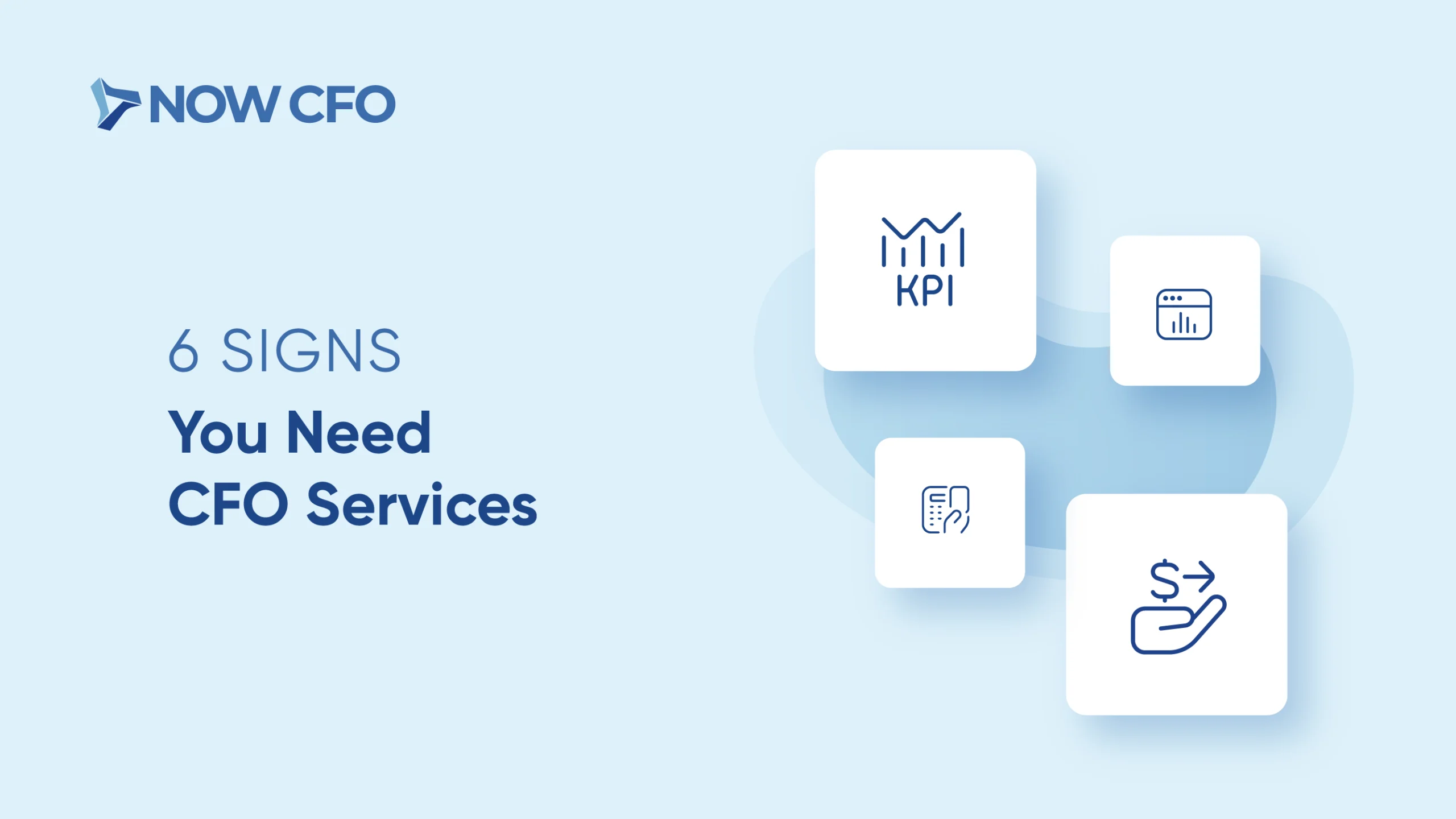
Whether you have an in-house, full-time accounting team, a fractional accounting assistant, or a CPA that only comes around during tax season, a business accountant is a huge asset to your company. Accountants provide key financial counsel throughout the whole year—not just during tax time or audits. Perhaps you’re looking to bring additional accounting support to your business, either in-house or outsourced and aren’t sure what they can do for you. Or, maybe you’re wanting to improve the current insight you’re receiving from your accountant. No matter your situation, consider addressing the following topics with your accountant.
Cash Flow Management
Cash management is one of, if not the most, critical components of running a business, as it can dictate the ultimate success of the business. Generally, small businesses don’t fail because they aren’t making profits, but rather because they run out of cash. Cash flow management involves monitoring revenue and expenses, as well as ensuring the movement of cash throughout different areas of the business.
Talk to your accountant about cash flow management and ask if they have any recommendations. For example, does your business project its cash flow for the upcoming months? Does it have forecasts that account for unexpected situations?
Best Accounting Systems for the Business
Meeting with your accountant is an ideal time to inquire about your accounting system. Maybe it’s time to upgrade to a newer version of the software, such as moving from QuickBooks Desktop to QuickBooks Online. If your business is growing rapidly, you may be reaching the point at which your current system isn’t keeping up with your business. Ask about process inefficiencies, challenges with reporting, or delays in reporting—all signs that point to a need for a system upgrade.
Planning for Business Growth
Your accountant is an excellent resource for discussing and planning the expansion of your business. With the financial reporting and visibility that an accountant can provide, your decisions for growth can be supported by projections, forecasts, models, and sound financial data to evaluate risk.
Think of your accountant as a business advisor that can weigh pros and cons of organizational decisions. Whether you’re wanting to take your business into new areas, evaluate a merger or acquisition, expand your product and service offerings, or bring on additional staff, discussing these with your accountant can bring peace of mind to your decision-making process.
Risk Assessment
Risk assessment entails reviewing your business’ activities and investments to weigh the possibility of loss, then using that information to make operational adjustments. Risk assessment should be completed on a regular basis, particularly after the COVID-19 pandemic in which economic activities became increasingly unstable.
When meeting with your accountant, take time to ask about their current risk assessment processes, where your business falls, and what preventative and reactive measures need to be taken to ensure your business’ success.
Pricing Strategies
With increasing inflation, it’s important to review your business’ current pricing practices to stay simultaneously profitable and competitive. You want to increase profits through pricing, but avoid losing customers in the process. Even in times of economic stability, periodically reviewing and altering your business’ pricing strategy is key to adapting to market changes.
Discuss your company’s current pricing with your accountant, and whether or not it should be adjusted given the market as well as your company’s goals. (For example, is now the time to price out a competitor or expand profit margin?)
Overall Compliance
Accountants sign off on the financial information that reports are based upon. As such, they are responsible for ensuring your company’s compliance to requirements set by regulatory bodies and generally accepted accounting principles (GAAP).
Ask your accountant about any new IRS rules or business accounting standards that have changed that could potentially impact your business. Your accountant should be responsible for keeping up with compliance changes within your industry, so take time to discuss these things.
Areas of Top Priority
Keep in mind that your accountant can and should act as one of the primary advisors to your business. As a business owner, you have to constantly juggle and shift priorities—overseeing employees, marketing your product and services, supplying funding to your business, staying profitable, and more. Ask your accountant which areas should be top priority based on your company’s financial position. You may discover that some of your main tasks weren’t as urgent as you initially thought and a fractional accounting assistant will be the person to help.














